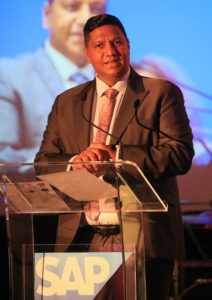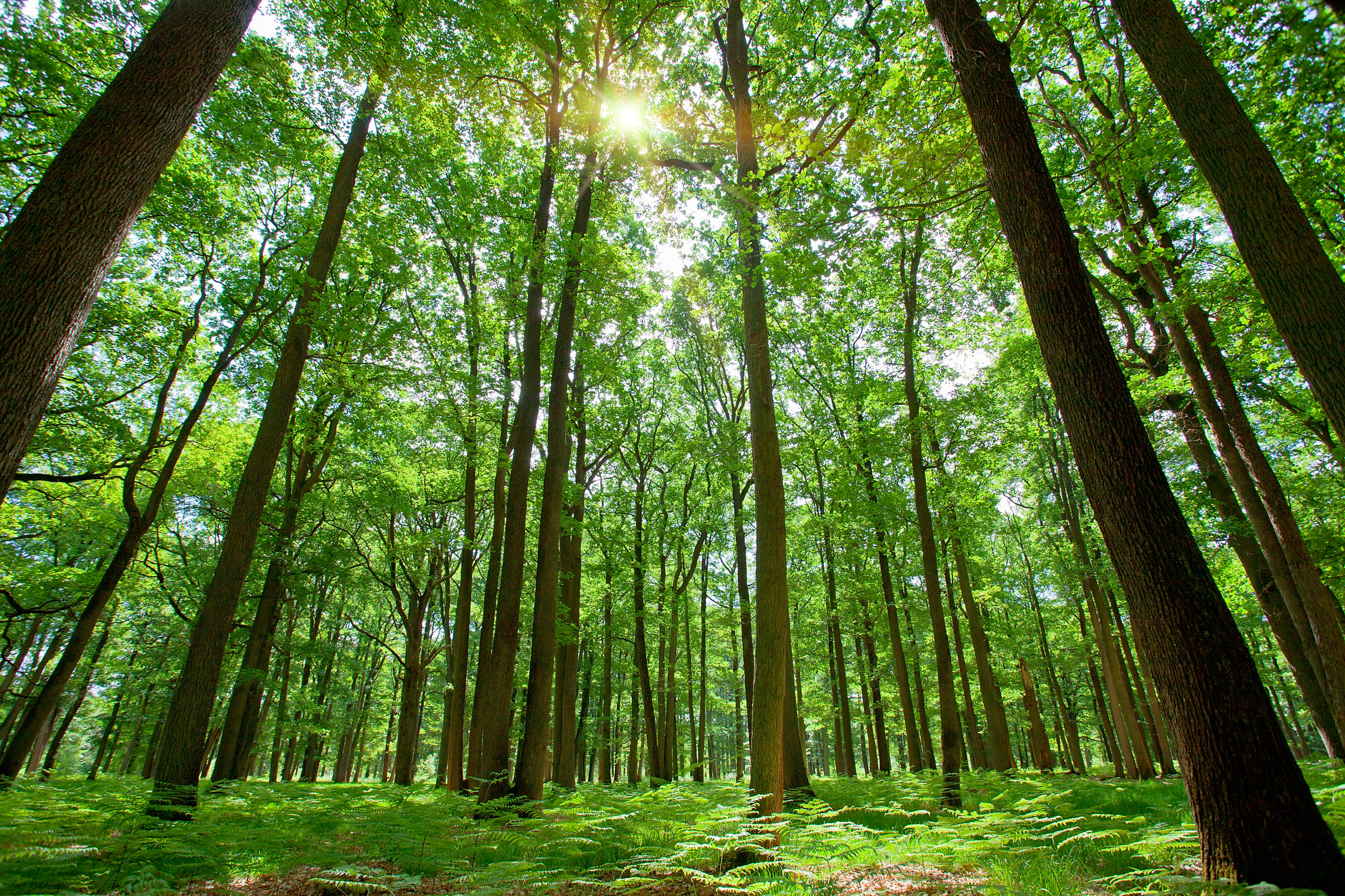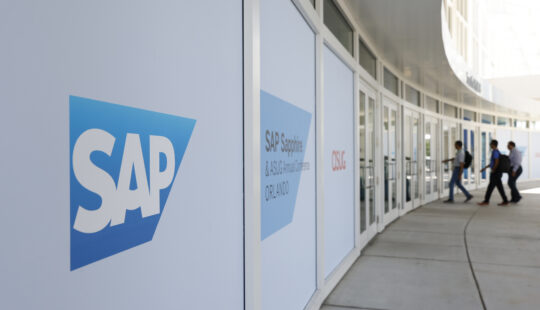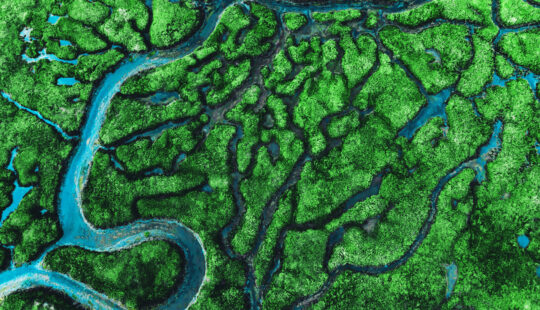 Organisations and citizens are in a race against time to rapidly reduce their carbon footprint and reverse – or at least limit – the ravages of human-caused climate change. As South Africa celebrates Arbor Week from 1 to 7 September, there has arguably never been greater importance in rehabilitating forest ecosystems damaged by industrial and human activity.
Organisations and citizens are in a race against time to rapidly reduce their carbon footprint and reverse – or at least limit – the ravages of human-caused climate change. As South Africa celebrates Arbor Week from 1 to 7 September, there has arguably never been greater importance in rehabilitating forest ecosystems damaged by industrial and human activity.
The latest report by the Intergovernmental Panel on Climate Change (IPCC) painted a bleak picture of the toll human-caused climate change will have on the planet’s future, with very little time left to reduce emissions and limit changes in Earth’s climate.
Humanity’s greatest challenge
“Climate change is one of the biggest challenges we face today, and it’s no longer enough to only do less harm,” says Sunil Geness, Global Sustainability Lead for Africa at SAP. “There is an urgent need at a global level for organisations to act as exemplars that purposely do more good and, where possible, enable more sustainable practices through the design of their products and services.”
The IPCC report notes that 2.4 trillion tons of CO2 has been added to the Earth’s atmosphere since the mid-1800s, pushing average global temperatures up by 1.1C. The so-called carbon budget only has 400 billion tons of CO2 left, and considering global emissions amount to just over 40 billion tons, less than a decade remains for humanity to make serious and far-reaching changes to put it on a more sustainable path.
“Reforestation and biodiversity preservation are major contributors to global efforts at restoring ecosystems and limiting and repairing the damage caused by harmful human activities,” explains Geness. “African countries already bear witness to the devastating impact of a changing climate, and nowhere is this more evident than in Madagascar.”
Madagascar a ‘top conservation priority area’
Madagascar has been identified as one of the world’s top biodiversity conservation priority areas due to its high concentration of endemic species and its rapid habitat loss. The country is in the grip of its worst drought in four decades, which the UN World Food Programme recently said is leading to the world’s first ‘climate change famine’.
The latest IPCC report also noted an increase in aridity in Madagascar, which is expected to increase if climate change continues.
Recently, SAP partnered with Eden Reforestation Projects to plant mangroves at the Moraharivo reforestation site in 2020. The site, which spans 872 hectares, was left bare after years of forest degradation from charcoal production and wood collection.
“To date, nearly 400 000 trees have been planted on behalf of SAP at the site, supported by local communities who now have long-term employment opportunities as part of the reforestation project,” explains Geness. “The project forms part of SAP’s global efforts at becoming a leader in sustainable business practices, and builds on similar projects elsewhere in the world.”
Globally, SAP has funded several reforestation projects, including ones in Nepal, Haiti, and Indonesia. To date, more than 1.3 million trees – mostly mangrove – has been planted by Eden Reforestation Projects on behalf of SAP.
SAP’s latest integrated report showed that the company is set to become fully carbon-neutral by 2023, two years ahead of the initial target of 2025. “The best-run companies today are also the ones that have embedded purpose into the fabric of all that they do,” says Geness.
“Our stated purpose of making the world run better and improving lives, as well as our commitment to the UN’s Sustainable Development Goals guides our conduct as exemplars of more sustainable business practices. However, our true strength lies in our more than 400 000 customers, who use our technology solutions to become more efficient in their operations, embed greater transparency in their supply chains, and eliminate harmful or unsustainable business practices.”



